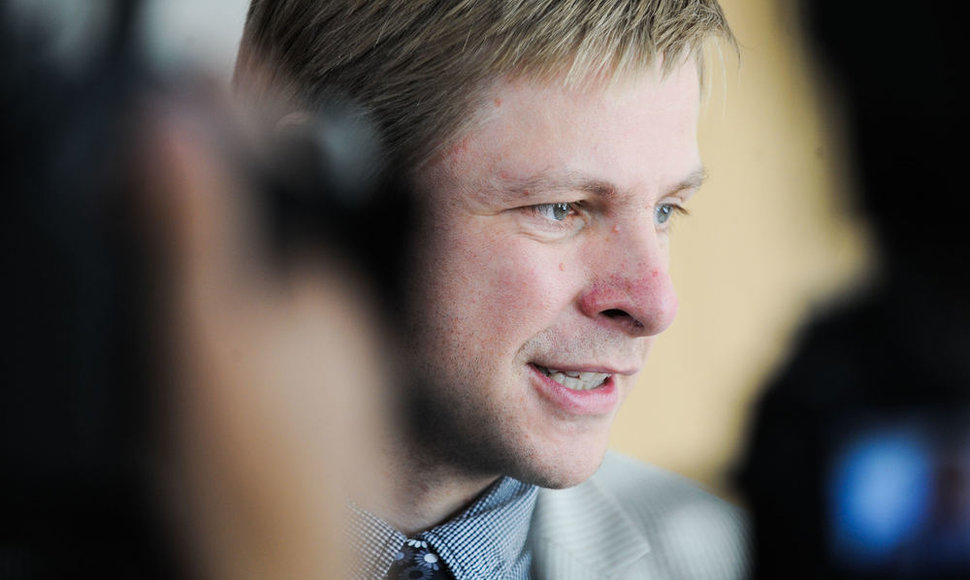Attending an event to mark the European Day of Remembrance of Victims of All Totalitarian and Authoritarian Regimes in Budapest, Šimašius said an exhibition about the freedom fight in Lithuania after WWII ahead of the second Soviet occupation would be opened during the event.
"By tradition, the country holding the EU Presidency or another member state organizes an event to commemorate victims of totalitarian regimes. This year such an event is taking place in Hungary. This year the event is meant to step up cooperation among educational institutions and museums on how to present the whole information," Šimašius told BNS by phone from Hungary.
The Lithuanian justice minister reminded the fact that Lithuania's initiative led to the condemnation of Communist crimes by the EU Council which also named 23 August the day of the signing of the Ribbentrop-Molotov Non-Aggression Pact, a pan-European day to commemorate all victims of totalitarian regimes.
Asked to evaluate the progress over the last few years in seeking evaluation of totalitarian regimes, Šimašius said he had an ambivalent opinion about the existing situation.
"On the one hand, I can say that we managed to achieve perhaps more over the last three years than we had imagined we could achieve over those years. All ministers from EU member states unanimously backed the conclusions stating that all types of totalitarian crimes are crimes against humanity and should be all condemned. There's no longer a difference that some crimes are evaluated based on some standards, and others are evaluated based on other standards. There's an official document we can stick to and that's not only Lithuania's but also some other states' position that we were victims of two totalitarian regimes, the fact the West doesn’t know. In legal terms, it's very important," he said.
Šimašius says, however, that it remains to be seen whether such efforts manage to reach the "hearts and minds" of people living in the West. In his words, "there's still lack of information on what kind of totalitarian crimes were committed during WWII and afterwards in political circles and the public."
"This is where we have to do some more work. I think this conference is also about finding ways to inform people more. Our exhibition in Hungary about the guerilla war, I believe, is very meaningful as even in Central Europe, countries that also suffered from Communism know almost nothing about the guerilla war that lasted for a decade in Lithuania. I think spreading this information is a really important task and its much harder than achieving legal clarity or legal evaluation of the crimes," the Lithuanian justice minister said.
On 23 August 1939, the Soviet Union and Nazi Germany signed the Molotov–Ribbentrop Pact and its secret protocols on the division of Eastern Europe into spheres of influence, which led to the occupation of the Baltic states in 1940.
Over 50,000 Lithuanians took part and over 20,000 guerilla fighters and their supporters were killed in the guerilla war in post-war years.












